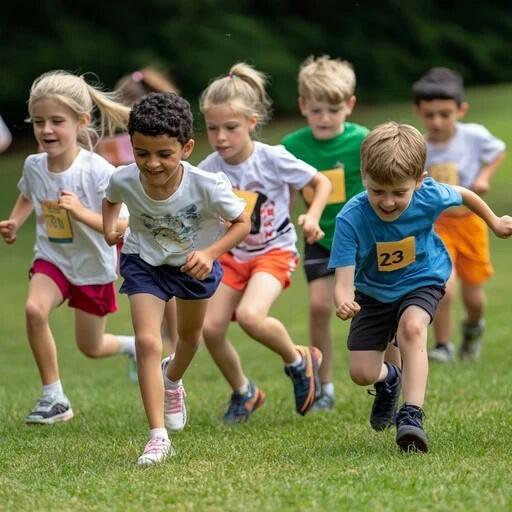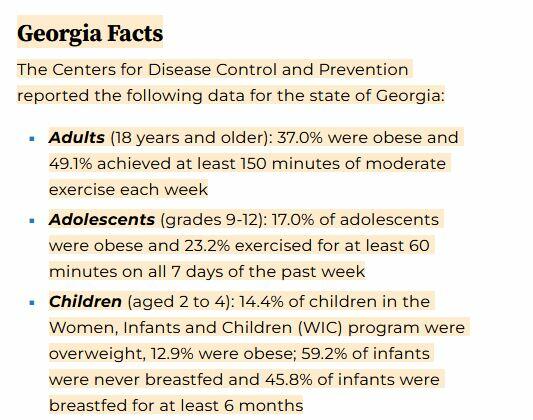
Section Branding
Header Content
Health advocates ask young Georgians to pledge 25 million minutes of movement in 2025
Primary Content
LISTEN: Only 18% of Georgia's children ages 6 to 17 meet the recommended daily amount of exercise. A new program hopes to increase those numbers and become more physically active. GPB’s Ellen Eldridge has more.

Research links physical activity with better emotional wellness and better health, HealthMPowers president and CEO Jennifer Owens said.
"If you're having a down day, got anxiety because of a test coming up or some friend problem, let's get out, let's move our bodies, let's grab a couple of friends, let's double-dutch jump rope," Owens said.
Georgians can pledge to move a collective 25 Million Minutes in 2025 — and commit to building stronger bodies, healthier minds, and lifelong habits through a statewide campaign to improve youth health from HealthMPowers, the American Heart Association and NFL Play 60.
The challenge to Georgia’s youth is being made via schools, day care centers and community groups.
Obesity rates are connected to habits developed during early childhood, she said.
In Georgia, 35% of adults have a body mass index of 30 or higher based on reported height and weight, according to the state Department of Public Health.

Only 18% of Georgia's children ages 6 to 17 meet the recommended daily amount of exercise.
"We know that inactivity then translates into adolescence and adulthood, and that is ballooning our obesity and overweight rates," she said.
Physical movement and eating the right food is important to connect brains, emotions and the way we relate to one another.
"This could potentially be transformative in terms of how we raise up this next generation," Owens said.

